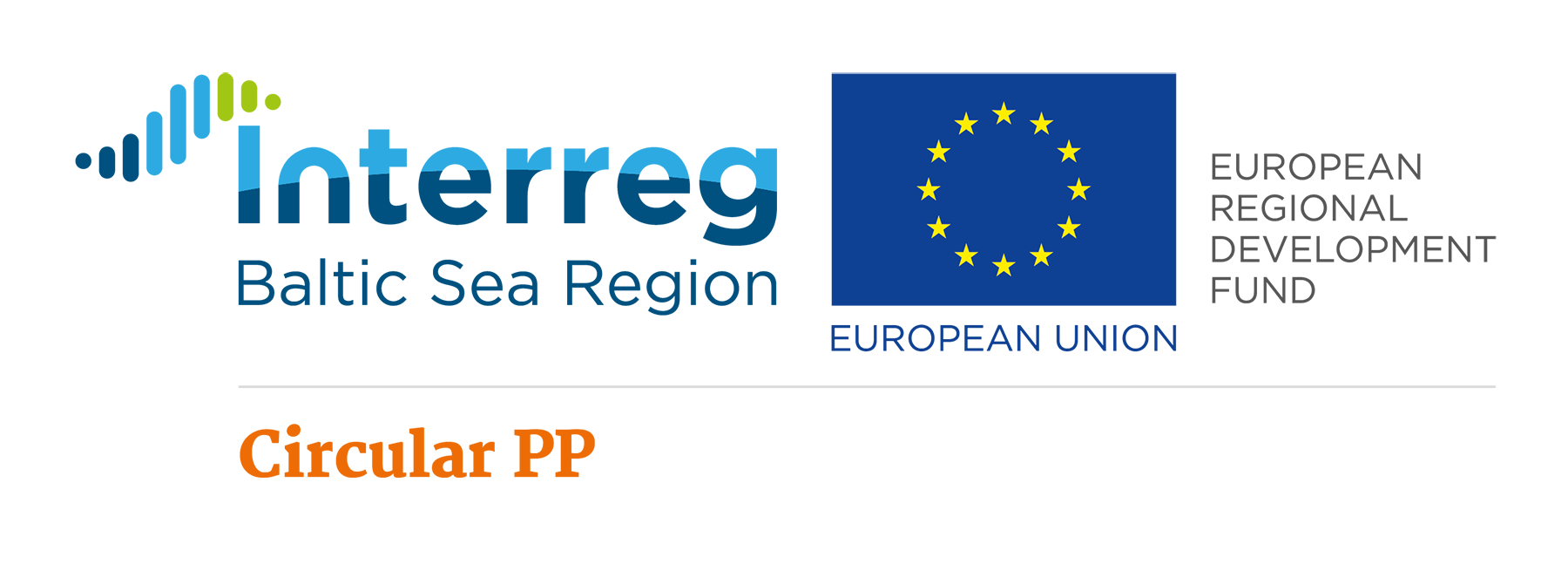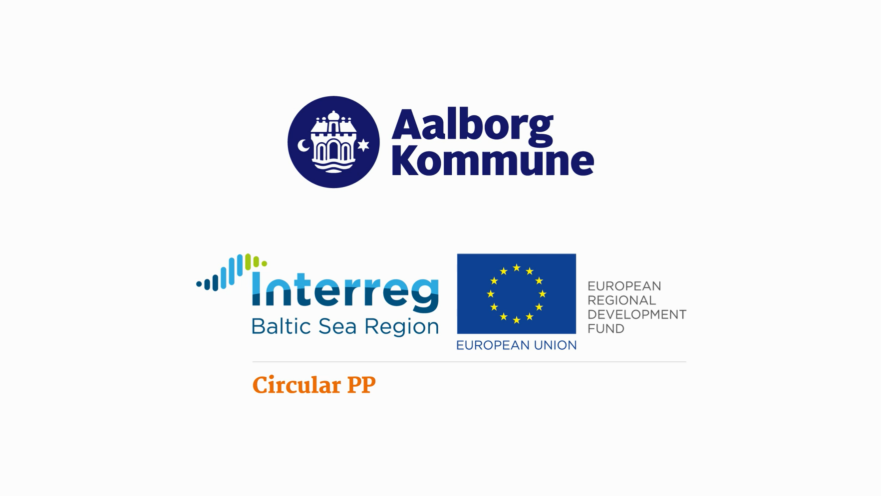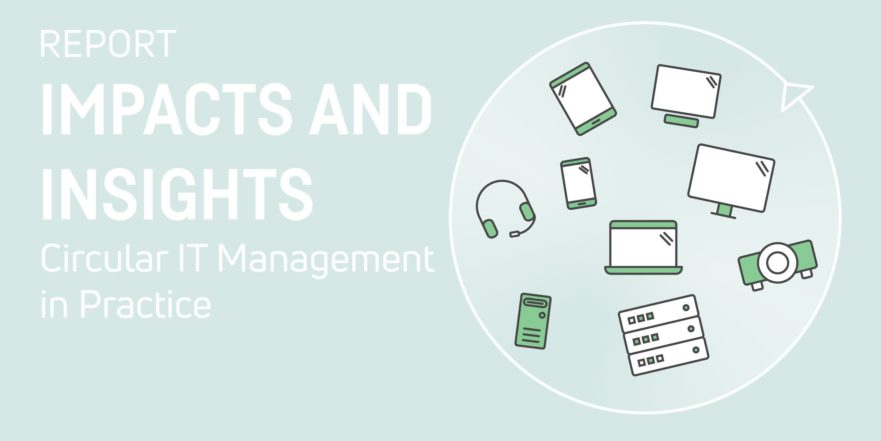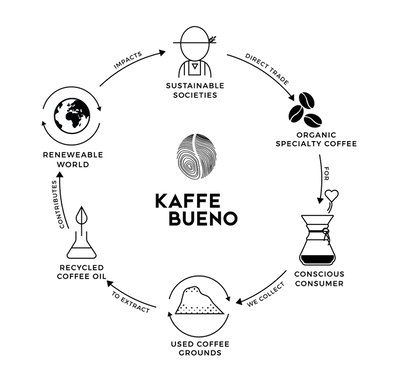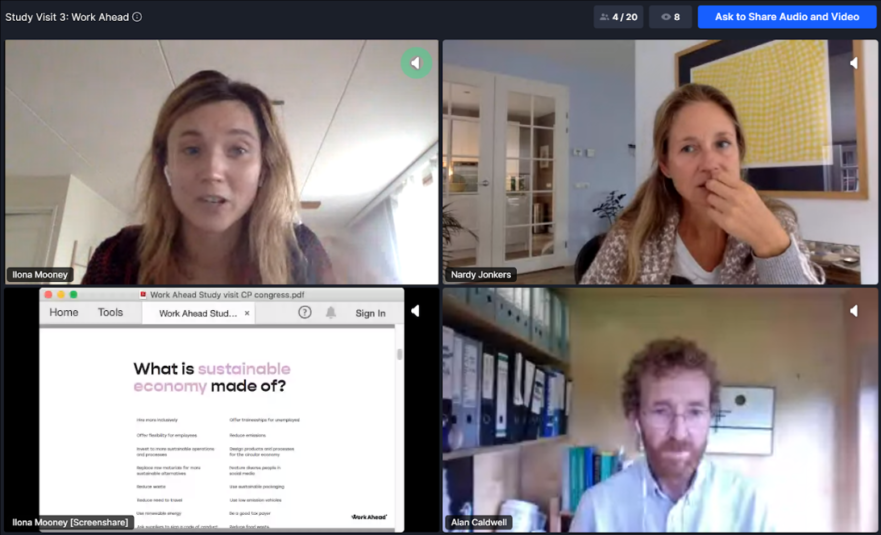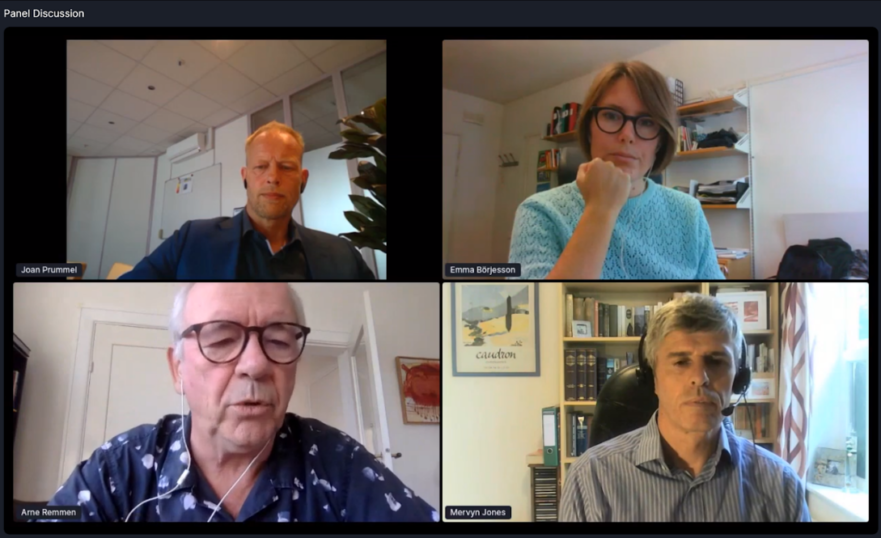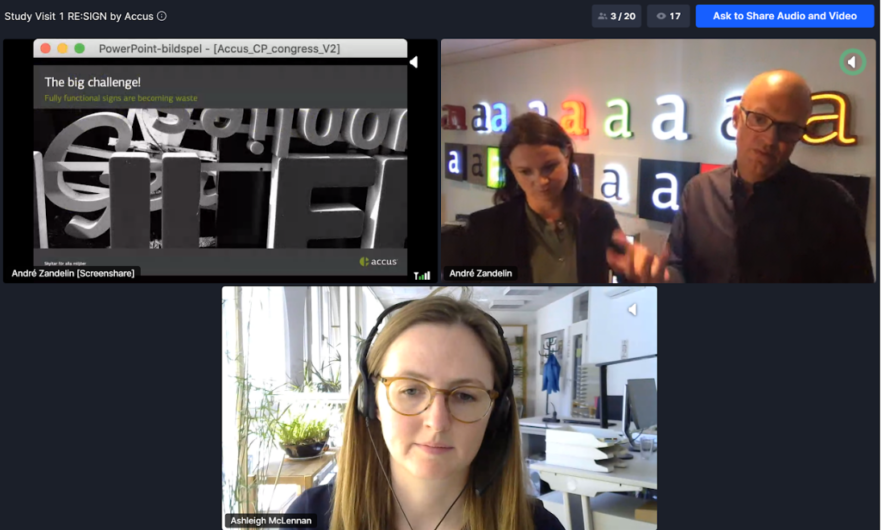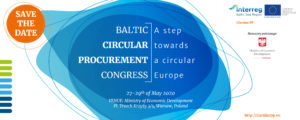Signs, especially ones designed around a
company’s or municipality’s brand, are often made through a bespoke process,
using relatively unique design. This is often at odds with the principles of
the circular economy, and in Sweden alone, an astounding 5000 tonnes of signage sent to landfill
each year. But innovative Malmö-based sign-maker Accus
AB have proved that this doesn’t need to be the case!
By focusing
on functional signs, which are designed to be reused and repaired, Accus are
able to reuse up to up to 99% of their signs. It has managed this designing
signs in a modular way which can be maintained and adjusted, by offering take-back
services, and by even providing signage-as-a-service.
This wasn‘t
always the business model of Accus, which started out as a traditional ‘linear
economy’ sign-maker. But owner André Zandalin wanted to make difference and do
more for the environment, and took the bold decision to transform his functioning
but linear business into an innovative circular business.
There are some challenges to being circular. Sometimes, for instance, perfectly
reusable signs get thrown out, as people don’t always know about the options to
refurbish or reuse them. One
thing which might solve this is changing to a rent or subscription model. Another challenge is that buyers are
too focused on lowest price rather than best value, or lowest life-cycle cost.
For cities interested in procuring circular signs, one option can be specifying
in tenders that they want to buy signs which can be used multiple times. They could also take a more innovative
approach, focusing more on service and function, and less on products and
materials. By designing
circular solutions with suppliers, cities can support the circular transition while
also improving the function of their own branding and signage.
Accus were
one of the businesses who addressed the Baltic Circular Procurement Congress on
2-3rd September. They have also been featured in Circular PP’s
report on Alternative Business Models for the
Circular Economy (or see the summary version here).
